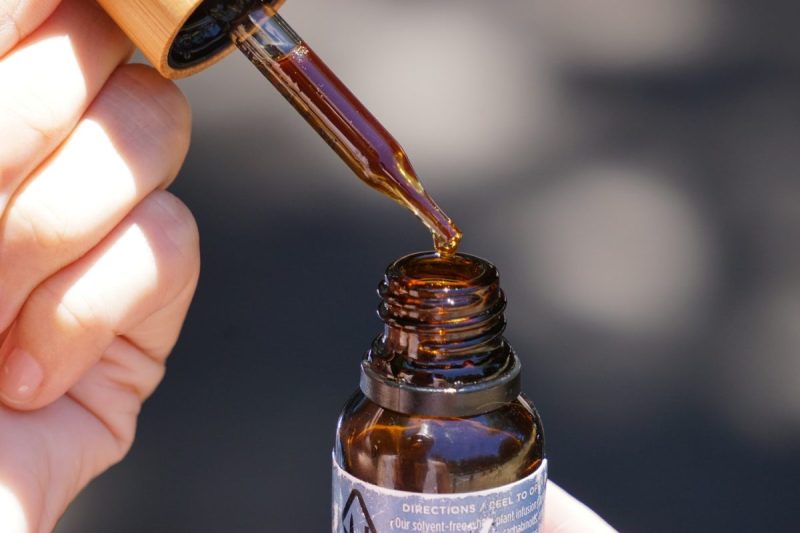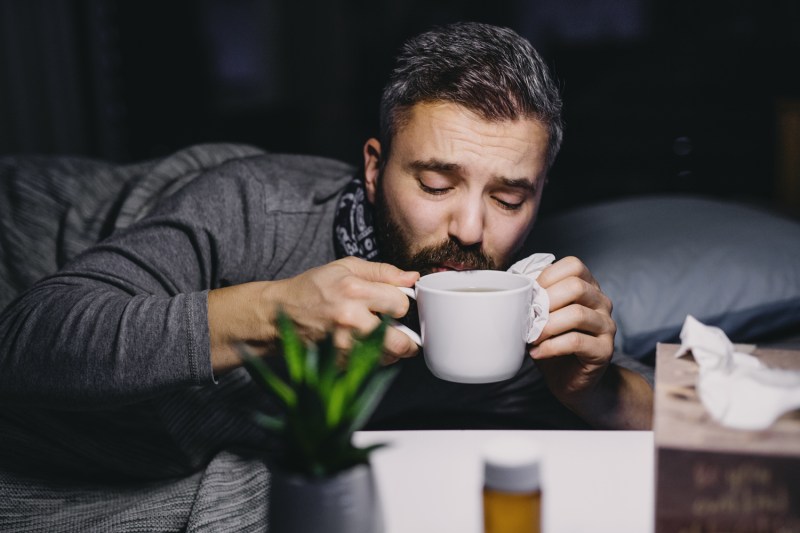Just a few short decades ago, weed was mostly illegal. Today, not only is cannabis allowed in many states, it also comes in a variety of derivatives and forms. Among the most popular is CBD, the milder, non-THC-bearing chemical found in marijuana. It has invaded the market, taking the shape of everything from gummies and bath soap to oils; even pillows to improve sleep.
CBD oil is one of the most common offerings, created by taking the CBD from cannabis and diluting it with oil. The tincture is similar, although not quite as common. It too comes in liquid form, albeit more concentrated and accompanied by alcohol. This version shows up in the petite bottles with droppers and is becoming increasingly popular with mixologists, as they can change the nature of a cocktail (or mocktail) and some are even flavored.
Which is More Potent: CBD Oil or Tincture?
In the question: CBD oil vs. tincture, which is more potent, the answer depends on the intensity of the CBD. In other words, it’s all about how potent the product is, which the label will reveal. Both versions are hit with liquid, so it boils down to the ratio of CBD to liquid. Generally, the oils tend to be a bit more potent. This can be amplified by the fact that some are topical, which means they don’t need to be ingested, and therefore, they work quicker than their edible cousins.
On the contrary, tinctures and consumed orally and the results can sometimes delay an hour or two. When mixed in a drink, the effects of CBD can be muddled, as other alcohols or caffeine might be creating an influence. We suggest testing either version on its own first to gauge the impact. Tinctures in particular may exhibit off-flavors (think dank and bitter), so if that’s an issue, consider a flavored version or combining it with your favorite tea or sparkling water.
Does CBD Tincture Do Anything?

Yes. In fact, both do. CBD can be a great option for those dealing with anxiety, stress, depression, tension, or lack of sleep. Some even contend that the chemical can help them concentrate a bit more. It’s all subjective, of course, and because we’re really still in the infancy of the CBD movement, there’s not yet a ton of data to work with.
Keep in mind that there can be side effects, as is the case with most things. If you end up with an upset stomach, CBD may not be for you. Others can be virtually unaffected by CBD. Again, the best approach is low and slow trial and error to see what agrees with your body. Try the suggested amount under your tongue on its own to gauge the tincture and go from there.
How does CBD oil tincture make you feel?

Essentially, the feeling is that of calmness. With no THC in the picture, you get the soothing element of cannabis without the high. Your muscles will likely relax some and you may even feel a little tired. If you’re just acquainting yourself with CBD, we recommend some just before bed. That way, if it does offer some tiredness, you can take advantage of it and ease into slumber.
The sensation is not unlike having a Margarita or two, although you won’t run the risk of a headache the following day. Note that just plain tincture under the tongue may work quicker, sometimes as fast as 15 minutes. If you’re mixing it with a drink or food item, it will likely take at least an hour to take effect. Those effects tend to last about 6 to 8 hours, but tend to be pretty mild.
All said, CBD oil and CBD tinctures have more in common than not. But they do differ in terms of how they’re diluted and how they might taste or be applied. Generally, they offer a sense of calmness without any heady side effects or a hangover. The best way to explore these two popular forms of CBD is on their own, at least at first. Just as in the weed sector, there are issues surrounding the purity of certain CBD products and dosage levels.
Also, keep in mind that some versions of CBD oils and tinctures can contain trace amounts of THC, which can impact some more than others. Pay attention to the label, talk up your local shop owner, and know that “full-spectrum” products are more likely to contain some THC (whereas “broad spectrum” almost always contains zero THC).



